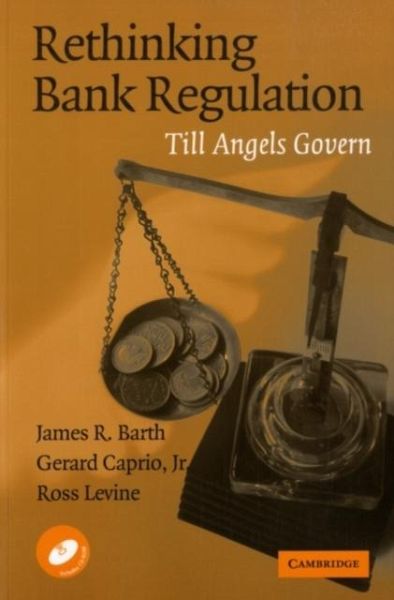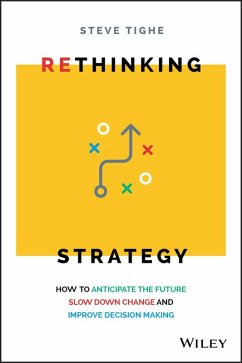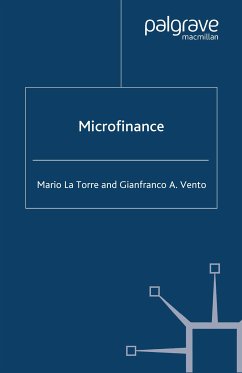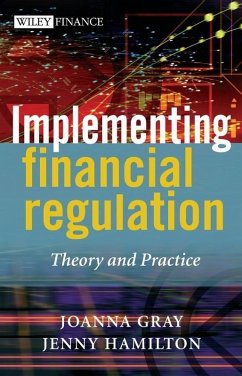
Rethinking Bank Regulation (eBook, PDF)
Till Angels Govern
Versandkostenfrei!
Sofort per Download lieferbar
31,95 €
inkl. MwSt.
Weitere Ausgaben:

PAYBACK Punkte
16 °P sammeln!
This volume assembles and presents a database on bank regulation in over 150 countries (included also on CD). It offered the first comprehensive cross-country assessment of the impact of bank regulation on the operation of banks, and assesses the validity of the Basel Committee's influential approach to bank regulation. The treatment also provides an empirical evaluation of the historic debate about the proper role of government in the economy by studying bank regulation and analyzes the role of politics in determining regulatory approaches to banking. The data also indicate that restrictions ...
This volume assembles and presents a database on bank regulation in over 150 countries (included also on CD). It offered the first comprehensive cross-country assessment of the impact of bank regulation on the operation of banks, and assesses the validity of the Basel Committee's influential approach to bank regulation. The treatment also provides an empirical evaluation of the historic debate about the proper role of government in the economy by studying bank regulation and analyzes the role of politics in determining regulatory approaches to banking. The data also indicate that restrictions on the entry of banks, government ownership of banks, and restrictions on bank activities hurt banking system performance. The authors find that domestic political factors shape both regulations and their effectiveness.
Dieser Download kann aus rechtlichen Gründen nur mit Rechnungsadresse in A, B, BG, CY, CZ, D, DK, EW, E, FIN, F, GR, HR, H, IRL, I, LT, L, LR, M, NL, PL, P, R, S, SLO, SK ausgeliefert werden.













